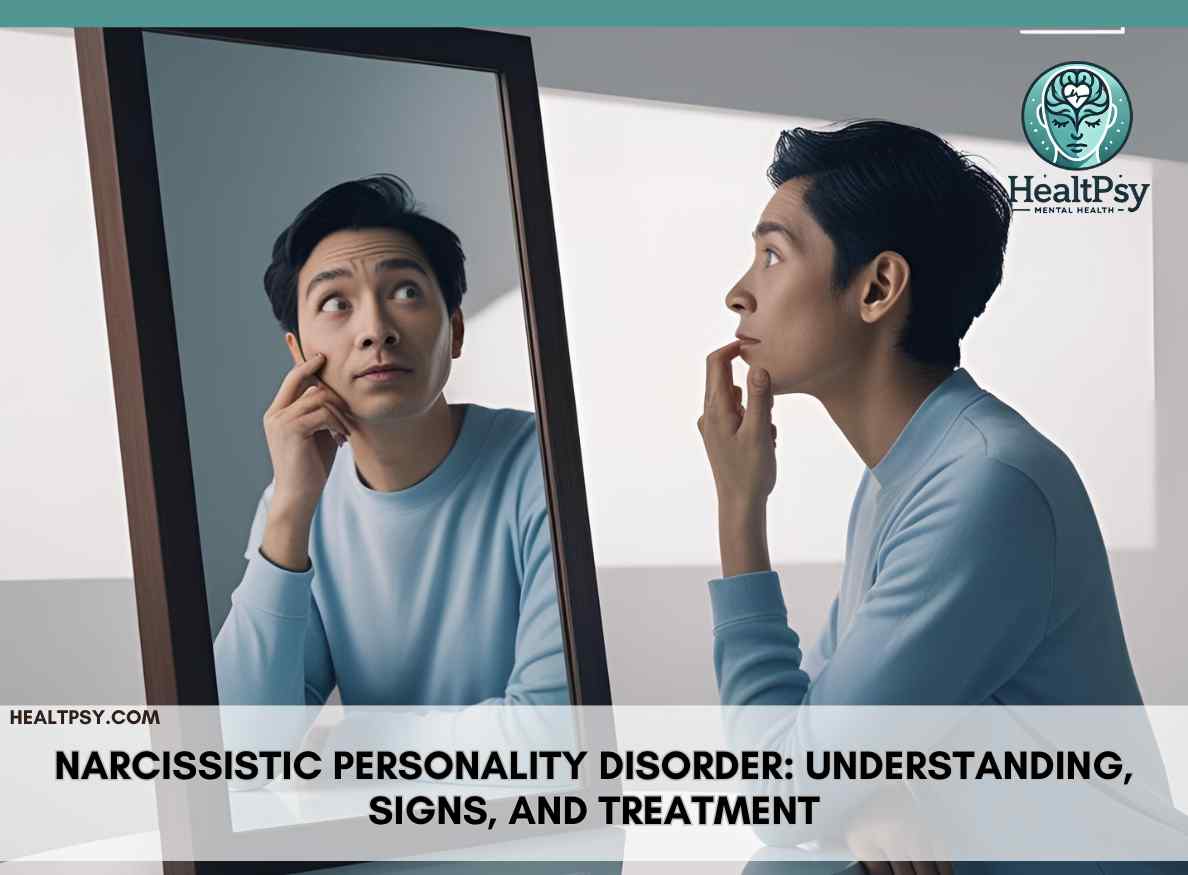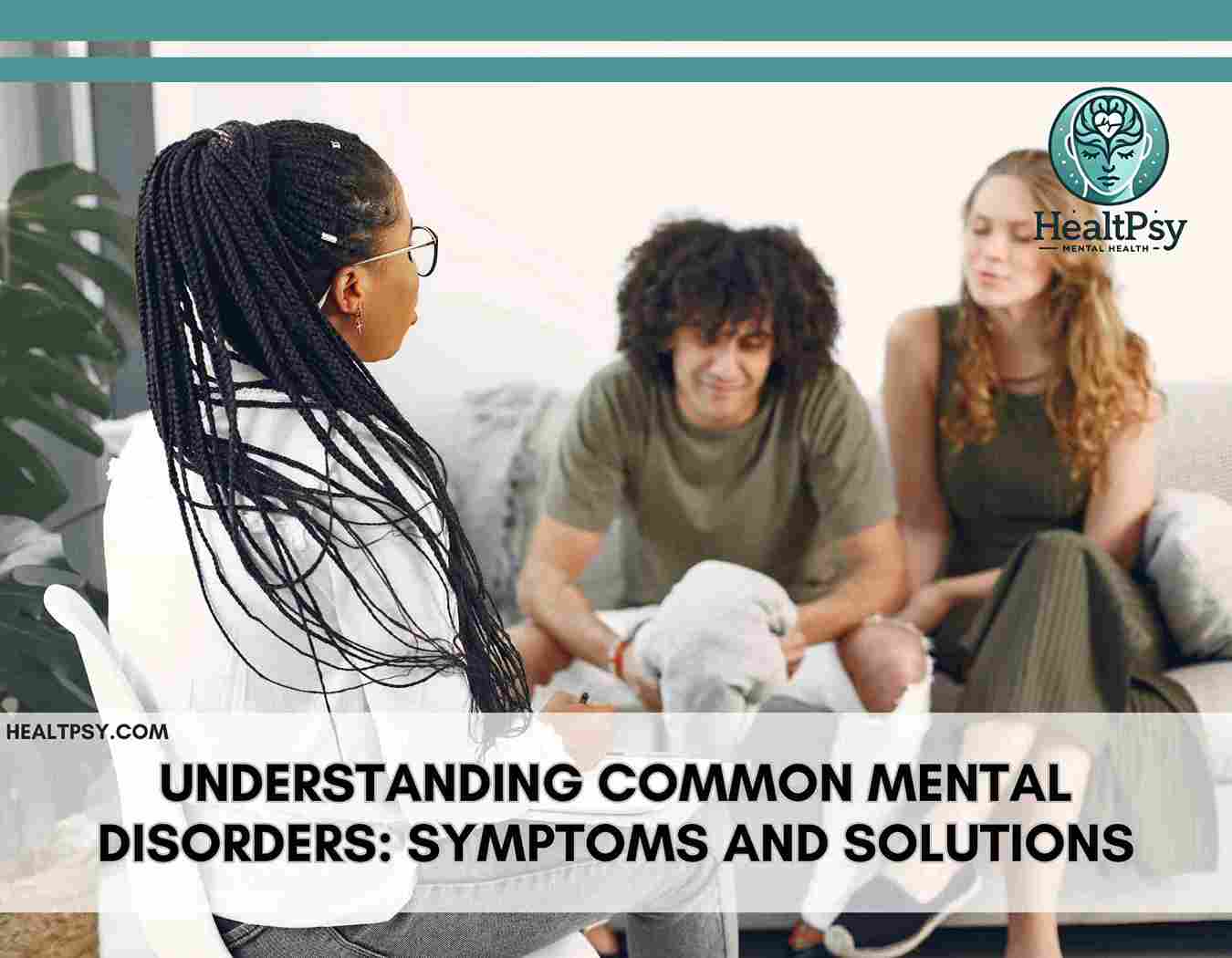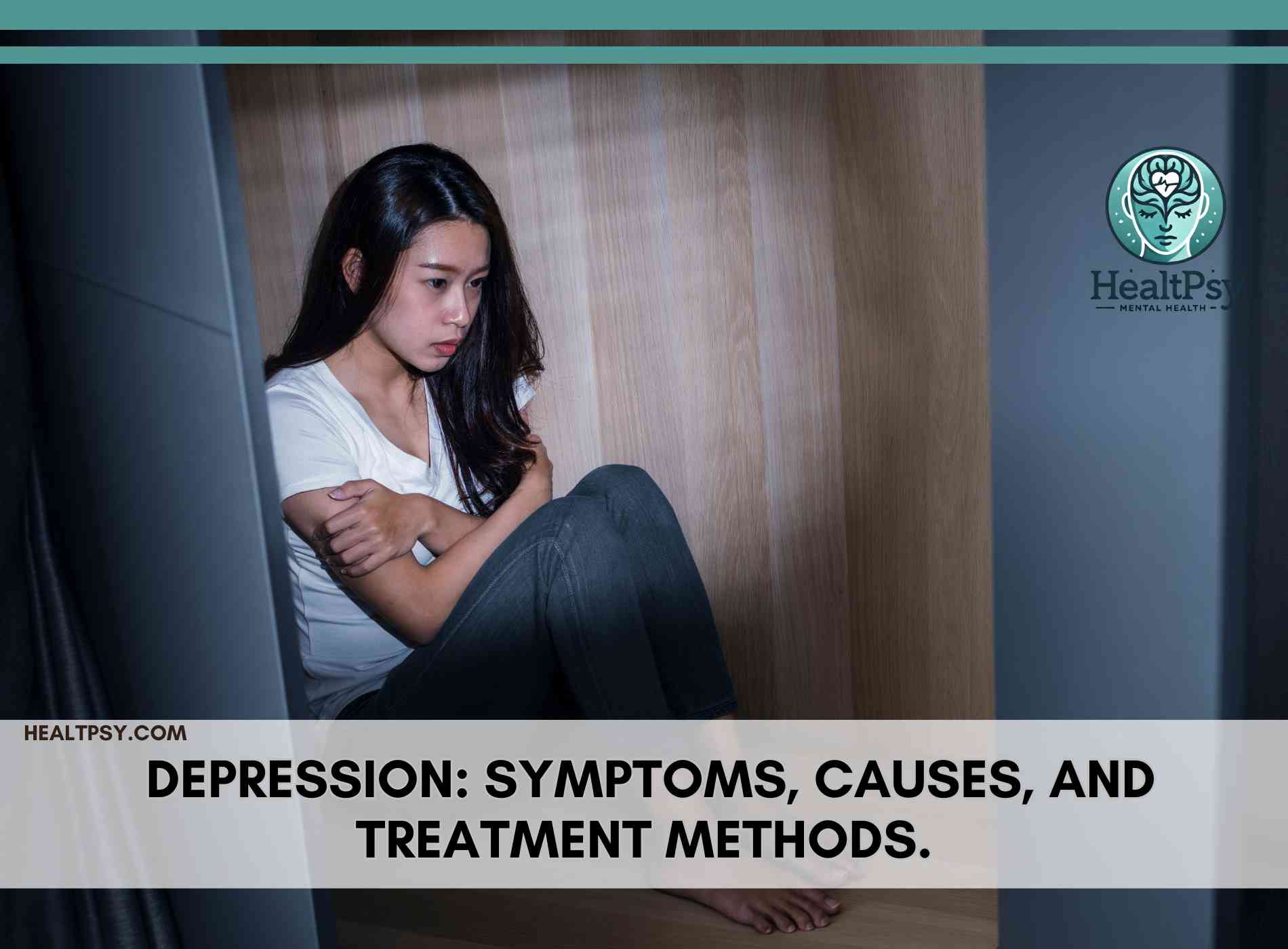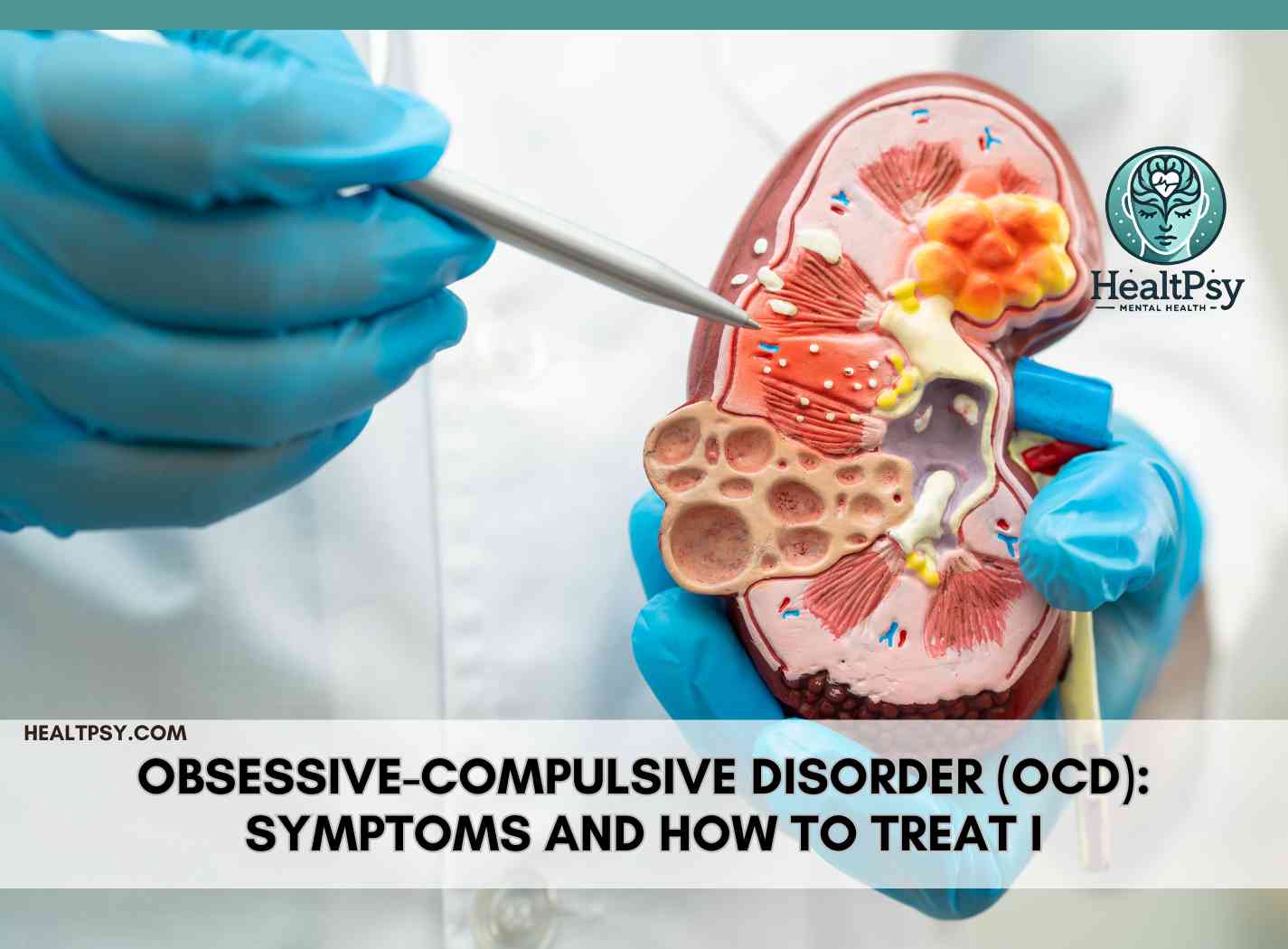Narcissistic Personality Disorder: Understanding, Signs, and Treatment
🚀 7 Key Insights into Narcissistic Personality Disorder: Understanding, Signs, and Treatment
Introduction
Narcissistic Personality Disorder (NPD) is a complex mental health condition characterized by an inflated sense of self-importance, a deep need for excessive attention and admiration, and a lack of empathy for others. Individuals with NPD often face challenges in their personal and professional relationships due to their manipulative and self-centered behavior.
In this comprehensive guide, we will explore:
✅ What narcissistic personality disorder is.
✅ Common signs and symptoms of NPD.
✅ Underlying causes and contributing factors.
✅ The impact of NPD on relationships and mental health.
✅ Effective treatment options and coping strategies.
📌 For more insights on mental health disorders, visit our section on Common Mental Disorders.
What Is Narcissistic Personality Disorder?
Narcissistic Personality Disorder is classified under the Cluster B personality disorders in the DSM-5 (Diagnostic and Statistical Manual of Mental Disorders), which includes disorders characterized by dramatic, emotional, or erratic behavior.
People with NPD exhibit:
✔ Grandiosity – An exaggerated sense of self-importance.
✔ Need for admiration – Constantly seeking validation and praise.
✔ Lack of empathy – Inability to recognize or care about others’ feelings.
Signs and Symptoms of Narcissistic Personality Disorder
Individuals with NPD often display:
1. Inflated Sense of Self-Importance
✔ Believing they are superior to others.
✔ Expecting special treatment and recognition without achievements.
2. Preoccupation with Fantasies of Success, Power, and Beauty
✔ Constant daydreaming about unlimited success, power, or ideal love.
3. Need for Constant Admiration and Validation
✔ Seeking excessive praise and admiration from others.
✔ Feeling devastated by criticism or perceived slights.
4. Exploitative Behavior
✔ Taking advantage of others to achieve personal goals.
5. Lack of Empathy
✔ Inability to recognize or relate to others’ emotions.
📌 For related content, check out How to Recognize the Symptoms of Psychological Disorders.
🔗 External Source: Mayo Clinic – Narcissistic Personality Disorder (DoFollow)
Causes and Risk Factors of NPD
Narcissistic Personality Disorder is believed to result from a combination of:
1. Genetic Factors
✔ Hereditary traits, such as aggression or oversensitivity.
2. Environmental Influences
✔ Overpraising or excessive criticism during childhood.
✔ Parental neglect or abuse.
3. Neurobiological Factors
✔ Brain structure abnormalities related to empathy and emotional regulation.
📌 For insights into childhood mental health, explore Mental Health for Children and Adolescents.
🔗 External Source: National Institute of Mental Health – Personality Disorders (DoFollow)
The Impact of Narcissistic Personality Disorder on Relationships
Individuals with NPD often:
✔ Struggle with forming genuine emotional connections.
✔ Exhibit controlling and manipulative behaviors in relationships.
✔ Experience frequent conflicts due to their lack of empathy.
NPD in Romantic Relationships
✔ Partners may feel emotionally drained and manipulated.
✔ High risk of emotional abuse and gaslighting.
📌 For relationship mental health, visit Psychological Support and Therapy.
🔗 External Source: Verywell Mind – NPD and Relationships (DoFollow)
7 Key Strategies for Managing and Treating NPD
1. Psychotherapy (Talk Therapy)
✔ Cognitive Behavioral Therapy (CBT) helps individuals recognize and change harmful thought patterns.
2. Medication
✔ While no specific drug treats NPD, medications like antidepressants or mood stabilizers can manage co-occurring conditions.
🔗 External Source: Cleveland Clinic – Narcissistic Personality Disorder Treatment (DoFollow)
3. Building Healthy Relationships
✔ Establish clear boundaries with narcissistic individuals.
✔ Seek support from therapists or support groups.
4. Practicing Self-Care
✔ Engage in mindfulness, exercise, and relaxation techniques.
🔗 External Source: National Alliance on Mental Illness – Self-Care (DoFollow)
5. Educating Yourself and Others
✔ Learn about NPD to better understand and manage relationships.
6. Seeking Professional Help for Loved Ones
✔ Therapy can help family members cope with the challenges of living with someone with NPD.
7. Long-Term Management and Support
✔ Ongoing therapy and support groups play a crucial role in managing NPD.
🔗 External Source: Psychology Today – Find a Therapist (DoFollow)
Conclusion
Narcissistic Personality Disorder poses challenges not only for those diagnosed but also for those around them. However, with the right approach—through therapy, education, and self-care—managing NPD is possible. Seeking professional help and building awareness can lead to healthier relationships and improved well-being.
you might also like





